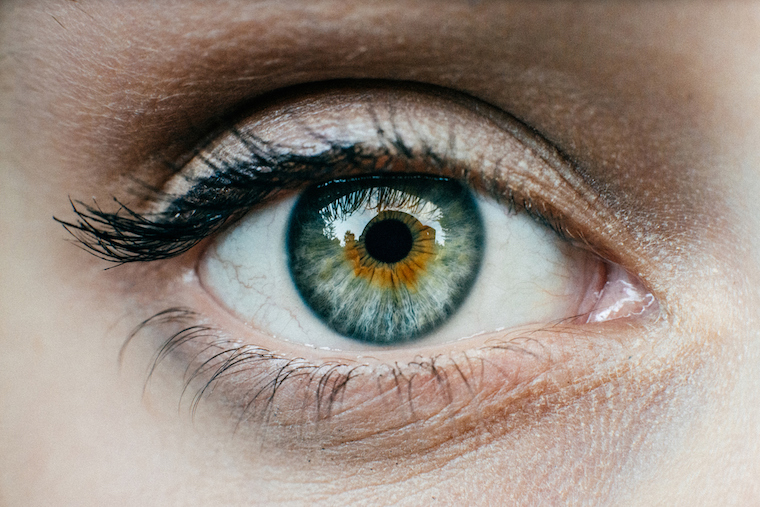
I just spotted a blog by Alan Stapelberg, who is Group Product Manager for Google Wallet. Here’s his opening para:
“Imagine starting a vacation like this: You arrive at the airport and breeze through security by tapping your phone to a reader, scanning your boarding pass and ID. While waiting to board, you grab a drink at an airport bar, tapping your phone to prove your age. When you arrive at your destination, you find your rental car and leave the lot without stopping for an in-person ID check because you already provided the necessary information in the rental car app. You check into your hotel online, and your key is issued straight to your digital wallet. You do all of this with your phone — no physical wallet required.”
And goes on to describe this as a futuristic vision that could be reality soon.
I sat there and thought: but this sounds old school. Why am I using a digital wallet and phone? Why do I even need to verify and authenticate? In a real futuristic vision, the world would know who I am just because I have sensors on my body. In fact, taking it to the limit, I would have intel inside.
This is a vision that I first started sharing twenty years ago, with the idea that my DNA would be my authentication. Combine DNA with biometrics, and the vision of Minority Report would come true.
Everything personalised to you, based on your eyeballs.
Bear in mind that Minority Report was made a quarter of a century ago, and you get the idea that this idea of DNA and biometric identification has been around for a while. So, why hasn’t it happened?
Well it has, but is just slower to take off than we expected. Today, we use fingerprints and face to identify with apps on phones. Tomorrow, we will just walk about and be recognised.
Ah, but then this means governments know what you’re doing and where you’re going, as do banks. There’s a balance. I want to be recognised easily and avoid the overheads of verification, authentication, identification and onboarding, but I don’t want you to always know where I am and what I’m doing.
I want easy access with complete privacy.
Now, there’s a dream … but it’s not far away. This is the dream of personas: Persona, in psychology, the personality that an individual projects to others, as differentiated from the authentic self.
You present a version of you that you see fit, based upon who is asking.
This means that my vision of the future is no phone and no reason to make an action to identify. You just walk around and, every now and again, an alert appears. You walk through immigration, and an alert asks who you are. You blink into your glasses, job done. You tap your wrist, job done. You click your heels, job done.
You will have all of these wearable options to identify, rather than carrying a phone to do it. Today, we would expect to evolve from phones to glasses – think Meta and Apple – but could we move beyond phone and glasses to just a tap of the finger or the blink of an eye tomorrow?
We are almost there, so yes, times are moving fast and the vision of Adam at Google seems very grounded in the past. The future is one where our identities are owned by us and shared on demand, as we see fit.
Chris M Skinner
Chris Skinner is best known as an independent commentator on the financial markets through his blog, TheFinanser.com, as author of the bestselling book Digital Bank, and Chair of the European networking forum the Financial Services Club. He has been voted one of the most influential people in banking by The Financial Brand (as well as one of the best blogs), a FinTech Titan (Next Bank), one of the Fintech Leaders you need to follow (City AM, Deluxe and Jax Finance), as well as one of the Top 40 most influential people in financial technology by the Wall Street Journal's Financial News. To learn more click here...

